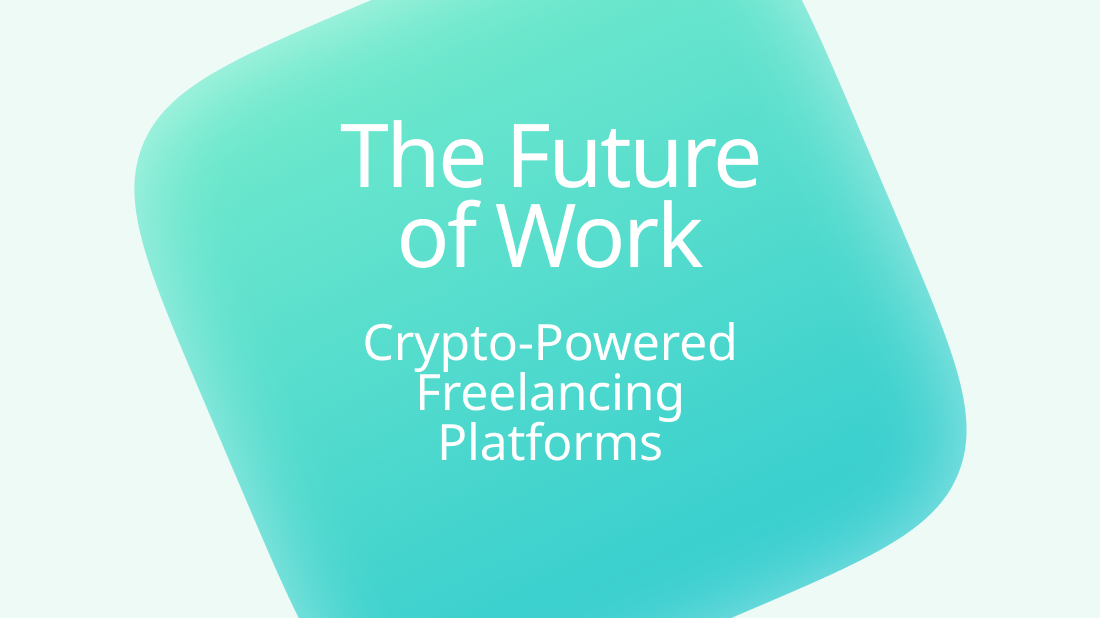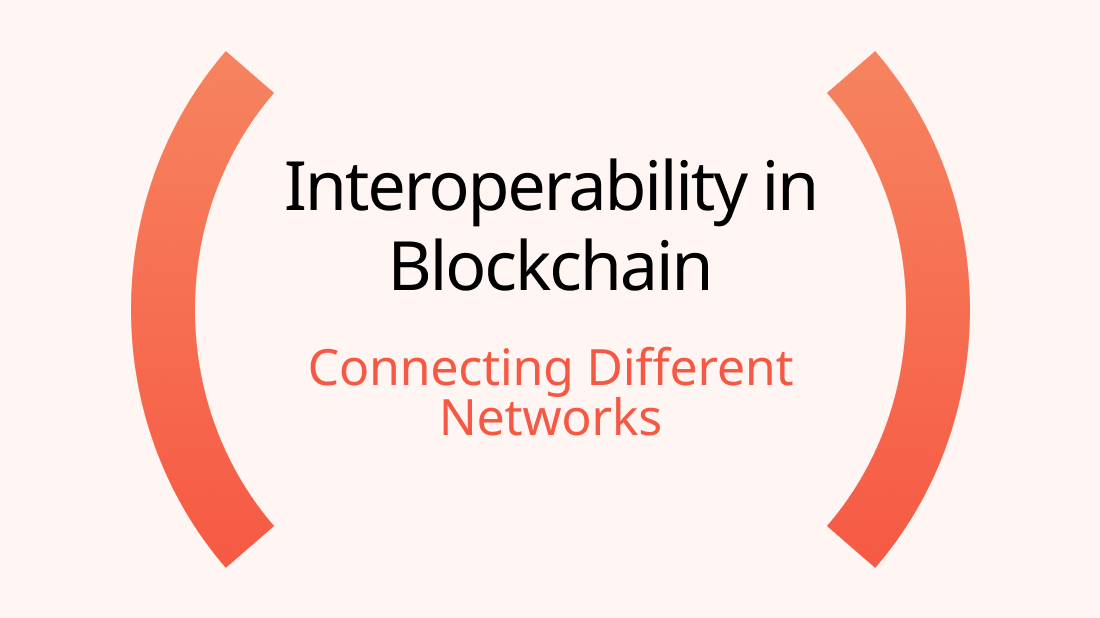The Future of Work: Crypto-Powered Freelancing Platforms

The gig economy has seen tremendous growth over the past decade, and the rise of cryptocurrency and blockchain technology is poised to revolutionize this sector further. Crypto-powered freelancing platforms are emerging as game-changers, offering new opportunities for freelancers and clients alike. This article delves into how these technologies are transforming freelancing, the benefits they bring, and the potential challenges they pose.
The Evolution of Freelancing
Traditional Freelancing Platforms
Traditional freelancing platforms like Upwork, Fiverr, and Freelancer.com have provided a valuable space for connecting freelancers with clients worldwide. These platforms have streamlined the process of finding and securing freelance work, offering features like project management tools, secure payment gateways, and review systems.
The Rise of the Gig Economy
The gig economy has flourished due to several factors, including technological advancements, a shift towards remote work, and a growing preference for flexible work arrangements. Freelancers now make up a significant portion of the global workforce, contributing to various industries from technology to creative arts.
Enter Blockchain: The New Paradigm
Decentralization and Transparency
Blockchain technology, with its decentralized and transparent nature, is transforming traditional freelancing platforms. By eliminating intermediaries, blockchain ensures that transactions are secure, transparent, and tamper-proof. This decentralization reduces costs, speeds up transactions, and enhances trust between freelancers and clients.
Smart Contracts
Smart contracts are self-executing contracts with the terms directly written into code. These contracts automatically execute and enforce agreed-upon terms once predefined conditions are met. On freelancing platforms, smart contracts can facilitate automatic payments upon project completion, ensuring that freelancers are paid promptly and fairly.
Benefits of Crypto-Powered Freelancing Platforms
Lower Fees
Traditional freelancing platforms often charge significant fees for their services, cutting into freelancers' earnings. Crypto freelancing platforms reduce or eliminate these fees by leveraging blockchain technology, allowing freelancers to retain more of their hard-earned money.
Faster Payments
One of the primary challenges freelancers face is delayed payments. Crypto-powered platforms enable near-instantaneous payments through cryptocurrencies, eliminating the wait time associated with traditional banking systems. This speed is particularly beneficial for freelancers working with international clients.
Enhanced Security
Blockchain technology ensures that all transactions are secure and immutable. This security reduces the risk of fraud and chargebacks, providing peace of mind for both freelancers and clients. Additionally, blockchain’s transparency allows for better dispute resolution, as all transaction records are readily available and verifiable.
Access to Global Markets
Cryptocurrency allows freelancers to access global markets without the barriers of currency exchange rates and international transaction fees. This global reach expands opportunities for freelancers and provides clients with a broader talent pool.
Challenges and Considerations
Volatility
Cryptocurrencies are known for their volatility, which can pose a risk for freelancers who rely on them for payments. Fluctuations in value can lead to significant differences between the agreed-upon payment and the actual received amount. Stablecoins, which are pegged to stable assets like fiat currencies, offer a potential solution to this issue.
Regulatory Uncertainty
The regulatory landscape for cryptocurrencies varies by country and is constantly evolving. Freelancers and clients must stay informed about the legal implications of using cryptocurrencies in their respective jurisdictions to avoid potential legal issues.
Adoption and Familiarity
Despite the advantages of crypto-powered freelancing platforms, widespread adoption is still in progress. Many freelancers and clients may be unfamiliar with cryptocurrencies and blockchain technology, leading to hesitancy in adoption. Education and awareness are crucial for broader acceptance.
The Future of Work: Embracing Crypto Freelancing
Increased Adoption
As cryptocurrencies become more mainstream and blockchain technology continues to evolve, the adoption of crypto-powered freelancing platforms is expected to increase. More freelancers and clients will recognize the benefits of lower fees, faster payments, and enhanced security.
Integration with Traditional Systems
Hybrid models that integrate traditional and crypto payment systems may emerge, offering the best of both worlds. These platforms can cater to users who prefer fiat currencies while still providing the advantages of blockchain technology.
Innovation and Expansion
The future of work is likely to see continued innovation in crypto-powered freelancing platforms. Enhanced smart contract capabilities, improved user interfaces, and expanded services will drive the growth and evolution of the gig economy.
Conclusion
Crypto-powered freelancing platforms represent a significant advancement in the gig economy, offering numerous benefits such as lower fees, faster payments, and enhanced security. While challenges like volatility and regulatory uncertainty remain, the potential for transforming the future of work is immense. As blockchain technology continues to evolve and adoption increases, crypto freelancing platforms are set to play a pivotal role in the global gig economy, reshaping how freelancers and clients connect and collaborate.
By embracing these innovations, both freelancers and clients can navigate the evolving landscape of work with greater efficiency, transparency, and trust. The future of work is here, and it's powered by cryptocurrency and blockchain technology.












